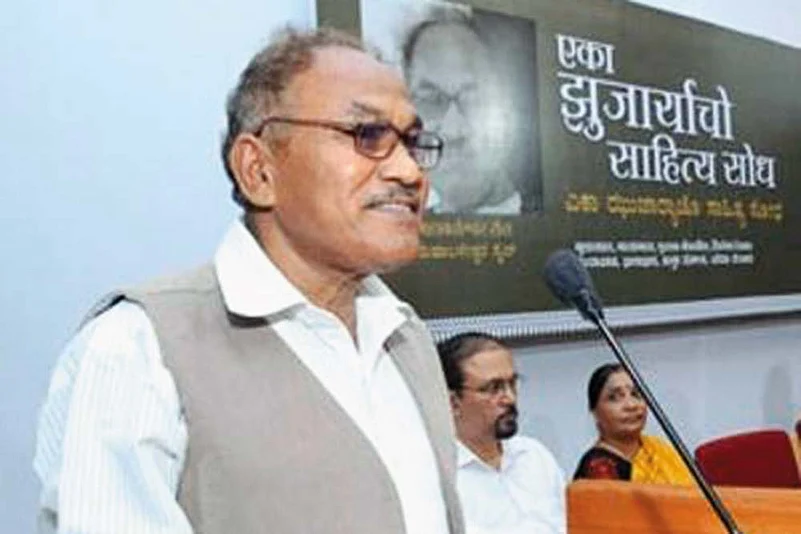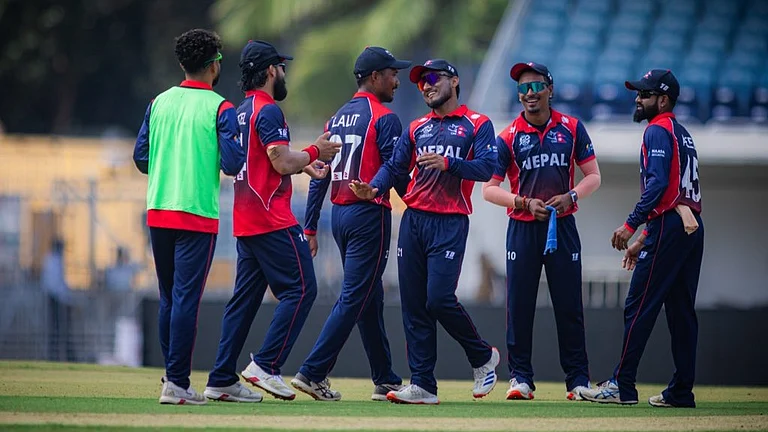The Portuguese conquest of Goa in 1510 gave rise to a hybrid Portuguese-Indian culture that still creates curiosity and nostalgic sentiments in many Portuguese, who tend to think of their former colony as an idyllic locale where fortunes were made in the 16th, 17th and 18th centuries. Of course, they tend to forget that under Portuguese rule, Goa was also a religious dictatorship for some 250 years, where tens of thousands of Hindus were compelled to convert to Christianity and later persecuted by the Inquisition for continuing to practise their traditional rituals. Mahabaleshwar Sail’s novel Age of Frenzy aims to explore this rich cultural and political heritage.
The novel begins shortly after the Portuguese conquest, and the frequent factual errors in the initial chapter reveal the author’s insufficient knowledge of Portuguese culture and world history. For instance, Sail has his Goan characters refer to Indian Muslims as Moors. The Moors are, of course, a North African people. Muslims of India have a completely different ethnic background and cultural heritage, and 16th-century Goans wouldn’t have used the term Moor—or its Konkani equivalent—to refer to their Muslim neighbours. Other errors include the use of names for Portuguese characters that do not exist in Portuguese (‘Castel Figredi’, for example), the use of the title of respect as ‘senor’ instead of the correct term, ‘senhor’, and the continuous characterisation of Portuguese as tall and fair. At the time, the Portuguese were renowned for being short and dark, certainly less fair than certain Indian peoples and very possibly shorter as well.
Worse even than the continuous stream of factual errors is the stilted dialogue. Both Portuguese and Indian characters continually give didactic speeches, and the awkward and antiquated formality of their sentences are a great hindrance to readability. For instance, an angry Portuguese army captain tells a Goan man who is protesting new regulations: “Henceforth, your day must begin with salutations to the King of Portugal”. Do I need to add that a Portuguese army officer in the 16th century would almost certainly have been illiterate, and not even one who’d managed to get an education would use the words ‘henceforth’ and ‘salutations’ while raging at a Goan? Such dialogue makes it impossible for the reader to believe in any of Sail’s characters.
The author also relies on countless cliches. Troubled Goans have their “hearts in their mouths” and women and men are always sobbing or crying “like a child”. Sail needlessly repeats descriptions of European invaders, so that we end up believing that he doesn’t trust the intelligence of his readers. For instance, not even a dim person needs the author to endlessly refer to the Portuguese as “white-skinned foreigners”.
Is Sail or his translator, Vidya Pai, responsible for the inept, artificial prose? Unfortunately, I am unable to read the Konkani original, so I cannot say for sure. But the incorrect word choices on nearly every page lead me to conclude that Pai has a shaky command of English. Often, her translation reads like a parody of Shakespeare. For example, a Goan asks a Portuguese priest: “Is all that you say true, O stranger?” At other times, an unfortunate choice of words befuddles the reader: “Time seemed to have been flogged out of its normal rhythm”.
Another constant problem is the frequent use of unexplained terms in Indian languages other than English. The novel desperately needs a glossary. How else could a non-Indian reader in Britain or America possibly make sense of the 100 or more words and expressions that do not exist in standard English? For instance, the following terms appear in the first 35 pages: ‘mhal gaonkar’, ‘Har Har Mahadev’, ‘bhat’, ‘joish’, ‘crore’, ‘rath jatra’, ‘gurav’, ‘kalavant’, ‘bhavoji’ and ‘suvashin’.
Through the conflicts between its Indian and Portuguese characters, Age of Frenzy endeavours to dramatise religious persecutions and monstrous injustices that occurred in Goa under foreign rule. Although that is certainly a valuable objective, the author’s poor writing creates a plodding narrative with little appeal.
Did any editor at Sail’s publishing house even bother reading his book before printing it? The glaring omission of a glossary, numerous factual errors, stilted dialogue and incompetent translation led me to believe that that answer is no. Such irresponsibility does not bode well for the quality of future novels from Harper Perennial, and about important topics as Indian history, Portuguese colonisation and Indian-European relations.
(Richard Zimler’s novel, Guardian of the Dawn, on the Portuguese Inquisition in Goa, is published by Penguin)





















